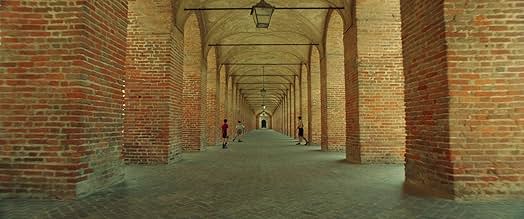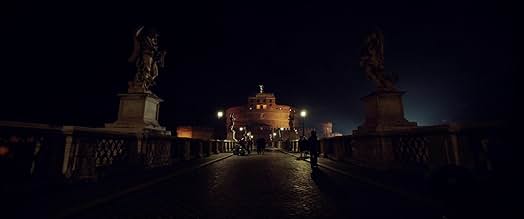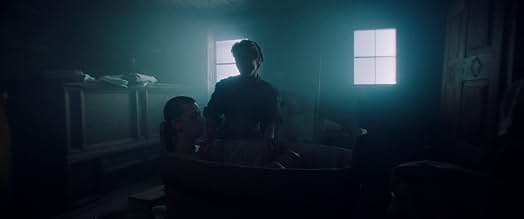I find the film offer too anemic... empty, silly, repetitive, violent, warlike, obsessive, addicted to everything that hurts us as human beings. Too much Los Angeles. Complaining about it doesn't improve the offer, but I insist because there has always been another cinema, which might be for minorities, an acquired taste or "independent", but it is far from people's access, whose palate has been shaped by TV, smart phones, ad agencies and families obsessed with Disney, religion and sex.
This flow of ideas came to me when I finished watching the Italian film «I Wanted to Hide», a biographical drama about Antonio Ligabue, one of the greatest naive painters of the 20th century. Born in Switzerland, he ended up expelled in Italy, where he wandered along the banks of the Po. He began to paint at age 21 and, despite his madness and raptures, he managed to create a solid, forceful world of vivid colors. Ligabue was one of a kind, unique, he screamed, danced, howled, imitated the animals he painted, in a hostile milieu, surrounded by people who did not care about his pain, his suffering, his art.
Still, Ligabue found friends, and critics and colleagues who understood and helped him achieved public recognition while alive, even as the subject of a documentary. My only objection is the late retelling (perhaps in tune with the order of real events) of his unhappy attempt to live with the woman he loved. Distant, observant, the painter even wore feminine garments in private, to try to suppose the essence of a woman. His unfortunate encounters occur in the near-final part of the film, somewhat delaying its poignant closure.
I think it is obligatory to emphasize several aspects of this motion picture: first, the script, which recounts Ligabue's life in a fragmented way, keen of his schizophrenic perceptions, until he "finds peace" and the script follows narrative chronology; second Matteo Corro's cinematography, which operates as a mirror of Ligabue's expressive, colorful and vivid work in oil and ceramic; third, Elio Germano as the artist, in a performance which earned him the Best Actor award at the Berlin Film Festival, a portrayal free from mannerisms or hackneyed resources of the "method"; and fourth, the mise-en-caméra of director Giorgio Diritti, who took advantage of all these technical and artistic elements.
Ludovica Ferrario's work in production design is also worth mentioning, especially for the selection of spaces and locations that magnify the aesthetic value of Corro's image; and finally the musicians Daniele Furlati and Marco Biscarini (also sound designer), who give a delicate lesson in sound and music scoring, sometimes imperceptible, at the right moments, in contrast to the grotesque tendency to fill the soundtrack with sound effects and strident music from mainstream American cinema and its imitators.
For all these merits, «I Wanted to Hide» won Italy's highest film award, the David di Donatello, for Best Film, Director, Actor, Cinematographer, Art Direction, Hairstyling and Sound.

![Watch Trailer [OV]](https://m.media-amazon.com/images/M/MV5BNTE5MTVkZmEtYmY3YS00ODU3LTg3ZDAtOGE4MWIyNzBjOTBlXkEyXkFqcGdeQXRyYW5zY29kZS13b3JrZmxvdw@@._V1_QL75_UY281_CR86)






















